Timeline: 1500-1700
These decades characterize North America's wilderness as a challenging and mysterious force to be revered or feared, or, in many cases, tamed and utilized.
"After Stephen [Esteban] had left the friars, he thought he could get all the reputation and honor himself, and that if he should discover those settlements with such famous high houses, alone, he would be considered bold and courageous. So he proceeded with the people who had followed him, and attempted to cross the wilderness which lies between the country he had passed through and Cibola. He was so far ahead of the friars that, when these reached Chichilticalli, which is on the edge of the wilderness, he was already at Cibola, which is 80 leagues beyond."
—Pedro de Castaneda from The Narrative of the Expedition of Coronado, 1560
-
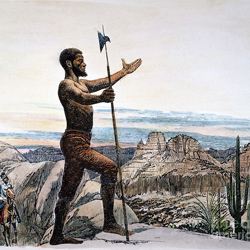
1539
Esteban Dorantes (Estevanico), a Moorish slave, is sent by the Viceroy of New Spain in search of the Seven Cities of Gold. Instead, he discovers the Pueblos of the Zuni Indians, and his discovery of the lands that are now Arizona and New Mexico lead to the exploration of the entire American Southwest.
-
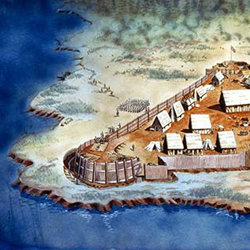
1607
The English colony of Jamestown, Virginia, is settled.
-
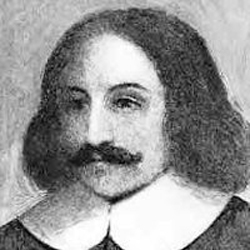
1620
The journals of William Bradford, governor of Plymouth Colony, describe wilderness as dark, savage, and sinister.
-
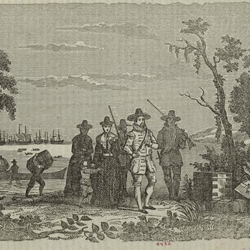
1629
John Winthrop, defending his decision to settle in the new world argues, "Why remain in England and suffer a whole Continent to lie waste without any improvement."
-
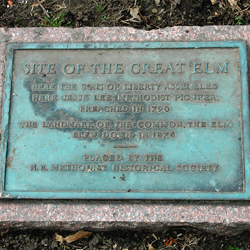
1634
The nation's oldest city park, Boston Common, is established.
-
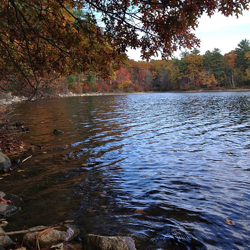
1641
The Great Ponds Act is passed, setting aside approximately 89,000 acres of natural water bodies in Massachusetts for fishing and waterfowl hunting.
-
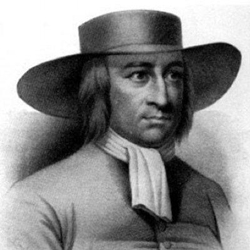
1662
Michael Wigglesworth, in "God's Controversy with New England" published by the Massachusetts Historical Society, states that outside the settlements there was nothing but "A waste and howling wilderness, where none inhabited But hellish fiends, and brutish men That Devils worshipped."
-
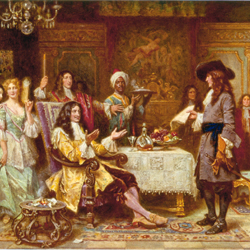
1681
William Penn includes in the Conditions and Concessions to be agreed upon between the administration and the settler the stipulation that "in clearing ground, care be taken to leave an acre of trees for every five acres cleared" in the new colony of Pennsylvania.